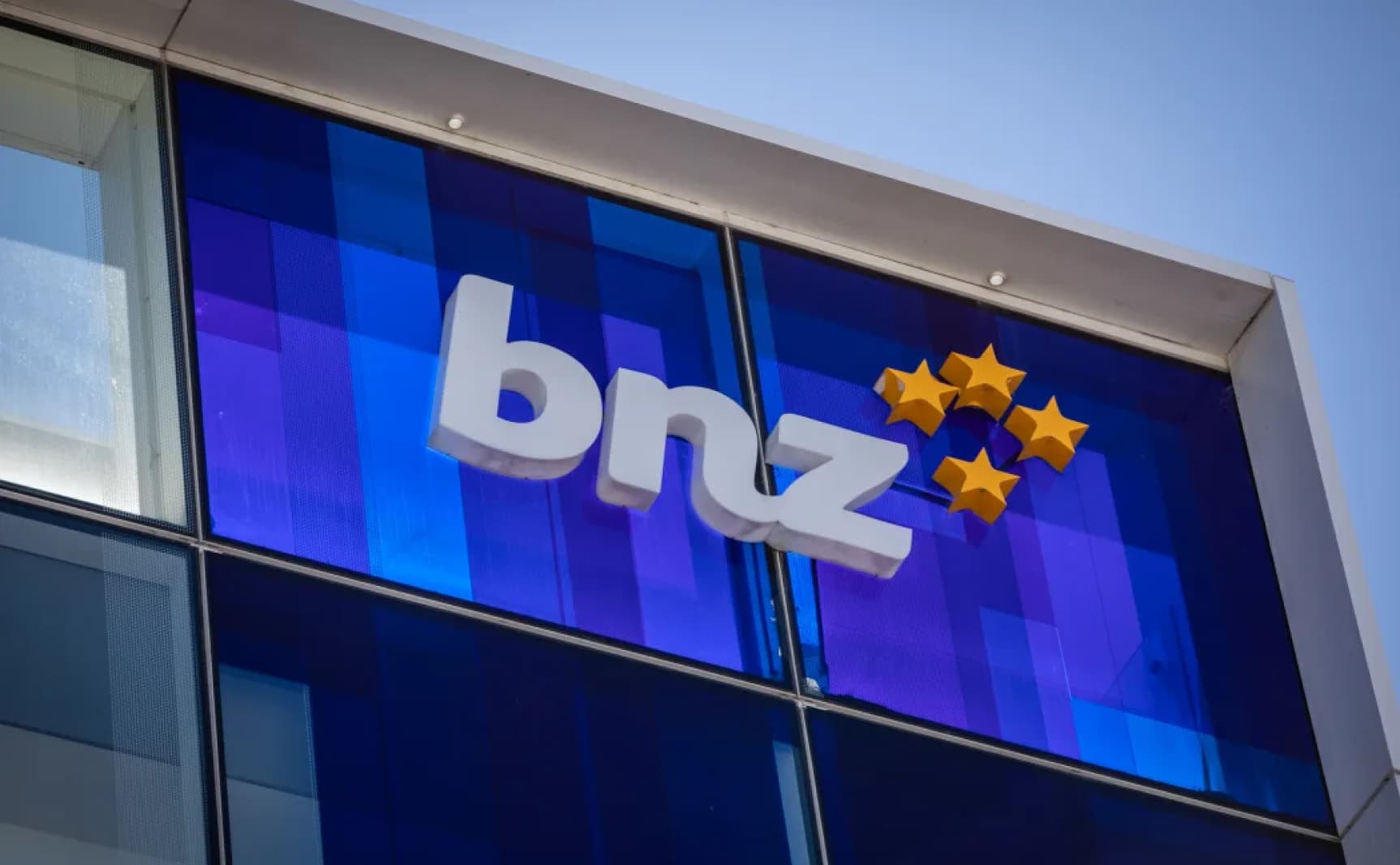New Zealand’s major banks—BNZ, ANZ, ASB, Westpac, and Kiwibank—are at the forefront of sustainable finance, offering a range of products and initiatives to support the country’s transition to a low-carbon economy. These banks have committed to ambitious sustainability targets, developed specialized sustainable finance teams, and introduced various green financial products. From sustainability-linked loans to green bonds, these institutions are not only reducing their own carbon footprints but also enabling businesses and individuals to make environmentally conscious financial decisions. This report examines the sustainable finance offerings and commitments of these five banks, highlighting their progress and future goals in creating a more sustainable financial landscape in New Zealand.
Introduction
As the world grapples with climate change and environmental challenges, the financial sector plays a crucial role in driving sustainable practices. New Zealand’s banking industry has recognized this responsibility and is actively contributing to the country’s sustainability goals through innovative financial products and services.
BNZ (Bank of New Zealand)
BNZ has established a comprehensive Sustainable Finance Framework, showcasing its commitment to environmental and social responsibility. Key highlights include:
- A $10 billion sustainable finance target by October 2025.
- Adherence to international sustainable finance principles and guidelines.
- A focus on renewable energy, green buildings, and sustainable water management.
- Sustainable finance products such as green loans, social loans, and sustainability-linked loans.
BNZ’s sustainability initiatives are independently assured by Ernst & Young, ensuring credibility and transparency in its green financial offerings.
ANZ (Australia and New Zealand Banking Group)
ANZ is a market leader in sustainable finance across both Australia and New Zealand. Key initiatives include:
- A target of funding at least AUD100 billion by 2030 to improve social and environmental outcomes.
- Strong support for the Paris Agreement’s goal of transitioning to Net Zero emissions by 2050.
- Membership in the Net Zero Banking Alliance.
- An extensive range of sustainable finance products, including green loans, sustainability-linked loans, and sustainable supply chain finance.
ANZ’s Sustainable Finance Team provides expert guidance to customers across various markets, helping them transition to a low-carbon economy.
ASB (Auckland Savings Bank)
ASB has launched several sustainability-focused initiatives:
- The Clean Tech Fund, supporting early-stage companies dedicated to reducing carbon emissions.
- Collaboration with businesses to create sustainable business models and capital allocation strategies.
- Acknowledging the $30 billion needed to decarbonize by 2030 as a significant business opportunity.
- Adapting credit policies to facilitate energy transition efforts.
ASB emphasizes the importance of integrating sustainability into business strategies and financial decision-making processes.
Westpac New Zealand
Westpac has taken considerable steps in sustainable finance:
- Ambitious emissions reduction targets across four key lending sectors.
- Competitive loan offerings for electric vehicles (EVs) and e-bikes.
- Financing multiple Sustainability Linked Loans for large customers
- Quadrupling the borrowing limit for Westpac Warm Up loans, aimed at energy-efficient home improvements.
- Maintaining Toitū net carbonzero certification for operations.
- Providing $7.31 billion of sustainable finance solutions, aiming to reach a $10 billion target by 2025.
Westpac’s approach showcases a strong commitment to reducing emissions and supporting customer sustainability goals.
Kiwibank
Kiwibank, a proudly New Zealand-owned bank, has made notable strides in sustainable finance:
- Reduced carbon emissions by 22%.
- Became the first bank in New Zealand to use cards made from recycled plastic.
- Launched Co-own, an alternative home ownership solution.
- Supported Māori housing aspirations through the Kāinga Whenua loan scheme.
- Partnered with Banqer to provide financial education for schoolchildren.
- Established a dedicated Sustainable Finance Team and partnered with Cogo to provide small and medium-sized enterprises (SMEs) with tools for measuring their carbon footprint.
Kiwibank aims to reduce carbon emissions by 40% and achieve carbon neutrality by 2025.
Comparative Analysis
Targets and Commitments
- BNZ: $10 billion sustainable finance target by 2025.
- ANZ: AUD100 billion target by 2030 for social and environmental outcomes.
- Westpac: $10 billion sustainable finance target by 2025.
- Kiwibank: $2 billion sustainable finance target by 2030.
Product Range
- All five banks offer green loans and sustainability-linked loans.
- ANZ and BNZ offer the most comprehensive range of sustainable finance products.
Unique Initiatives
- ASB: Clean Tech Fund for early-stage companies.
- Kiwibank: First to use recycled plastic cards.
- Westpac: Specializes in loans for EVs and e-bikes.
Partnerships and Collaborations
- ANZ: Founding partner of Toitū Tahua – Centre for Sustainable Finance.
- Kiwibank: Partnership with Cogo for carbon footprint measurement.
- ASB: Works closely with businesses to create sustainable business models.
Emissions Reduction
- Kiwibank: 22% reduction in carbon emissions.
- Westpac: Maintains Toitū net carbonzero certification for its operations.
- All banks have set ambitious targets to reduce their operational carbon emissions.
Conclusion
New Zealand’s major banks have embraced sustainable finance as a key strategy to drive positive environmental and social change. Through a combination of innovative products, ambitious targets, and strategic partnerships, these institutions are playing a pivotal role in transitioning the country to a low-carbon economy.



